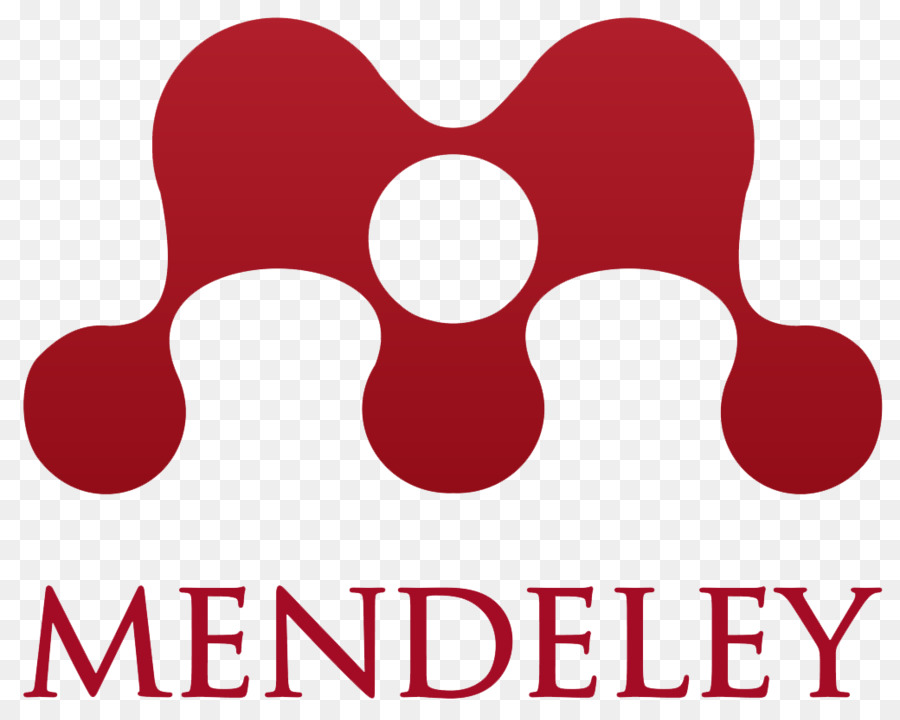KONSERVATISME DALAM TEORI PENGUKURAN AKUNTANSI: KAJIAN LITERATUR ATAS PRAKTIK PELAPORAN KEUANGAN DI INDONESIA
DOI:
https://doi.org/10.70248/jmie.v3i1.2671Abstract
Penelitian ini bertujuan untuk menelaah konservatisme sebagai pendekatan pengukuran akuntansi melalui kajian literatur atas praktik pelaporan keuangan di Indonesia. Fokus utama penelitian ini adalah menganalisis peran konservatisme tidak hanya sebagai prinsip kehati-hatian dalam pelaporan, tetapi juga sebagai strategi manajerial yang memengaruhi kualitas dan tujuan pelaporan keuangan. Metode penelitian yang digunakan adalah systematic literature review (SLR) dengan menelaah 20 artikel akademik relevan yang diterbitkan antara tahun 1997 hingga 2024. Analisis dilakukan secara tematik dan komparatif terhadap literatur klasik dan kontemporer, dengan penekanan pada studi Murtianingsih dan Oktavia (2023) yang mengkaji konservatisme akuntansi pada perusahaan manufaktur di Indonesia. Hasil penelitian menunjukkan bahwa konservatisme memiliki fungsi ganda, yakni sebagai mekanisme pelindung terhadap risiko pelaporan yang terlalu optimistis dan sebagai alat strategis untuk mengelola beban pajak perusahaan. Faktor insentif pajak terbukti berpengaruh signifikan terhadap penerapan konservatisme, sementara debt covenant dan political cost tidak berpengaruh berarti. Simpulan dari penelitian ini menegaskan bahwa konservatisme merupakan pendekatan pengukuran yang kontekstual dan multifungsional, sehingga penerapannya perlu diawasi agar tidak digunakan sebagai instrumen manipulatif, tetapi tetap mendukung transparansi dan akuntabilitas pelaporan keuangan di Indonesia.
References
Ahmed, I. M. A. M., & Mahmood, D. S. (2024). Impact of accounting measurement according to relative importance in the quality of financial statements. International Journal of Studies in Business Management, Economics and Strategies, 3(5), 134–144.
Ball, R., & Shivakumar, L. (2005). Earnings quality in UK private firms: Comparative loss recognition timeliness. Journal of Accounting and Economics, 39(1), 83–128. https://doi.org/10.1016/j.jacceco.2004.04.001
Barth, M. E. (2003). Discussion of: Accounting conservatism, the quality of earnings, and stock returns. The Accounting Review, 78(2), 287–396. https://doi.org/10.2308/accr.2003.78.2.387
Basu, S. (1997). The conservatism principle and the asymmetric timeliness of earnings. Journal of Accounting and Economics, 24(1), 3–37.
Elayan, F. A., Li, J., Liu, Z., Meyer, T. O., & Felton, S. (2023). The influence of national culture on accounting conservatism: Evidence from emerging markets. Journal of International Accounting Research, 22(1), 1–24. https://doi.org/10.2308/jiar-19-022
Givoly, D., & Hayn, C. (2000). The changing time-series properties of earnings, cash flows and accruals: Has financial reporting become more conservative? Journal of Accounting and Economics, 29(3), 287–320. https://doi.org/10.1016/S0165-4101(00)00024-0
International Accounting Standards Board (IASB). (2018). Conceptual framework for financial reporting. https://www.ifrs.org/projects/work-plan/conceptual-framework/
Kieso, D. E., Weygandt, J. J., & Warfield, T. D. (2019). Intermediate accounting (17th ed.). Wiley.
LaFond, R., & Roychowdhury, S. (2008). Managerial ownership and accounting conservatism. Journal of Accounting Research, 46(101–135).
LaFond, R., & Watts, R. L. (2008). The information role of conservatism. Accounting Review, 83(2), 447–478. https://doi.org/10.2308/accr.2008.83.2.447
Murtianingsih, M., & Oktavia, S. (2023). the Conservative Accounting Measurements From the Perspective of Account in Financial Statement. Jurnal Ilmiah Bisnis Dan Ekonomi Asia, 17(3), 279–289. https://doi.org/10.32815/jibeka.v17i3.1913
Penman, S. H., & Zhang, X. J. (2002). Accounting conservatism, the quality of earnings, and stock returns. Accounting Review, 77(2), 237–264. https://doi.org/10.2308/accr.2002.77.2.237
Putra, Y. A., & Haruman, T. (2020). Pengaruh pajak terhadap konservatisme akuntansi pada perusahaan di Indonesia. Jurnal Akuntansi Multiparadigma, 11(1), 155–167.
Qiang, X. (2007). The effects of contracting, litigation, regulation, and tax costs on conditional and unconditional conservatism: Cross-sectional evidence at the firm level. The Accounting Review, 82(3), 759–796. https://doi.org/10.2308/accr.2007.82.3.759
Ruch, G. W., & Taylor, G. (2015). Accounting conservatism: A review of the literature. Journal of Accounting Literature, 34, 17–38. https://doi.org/10.1016/j.acclit.2015.02.001
Snyder, H. (2019). Literature review as a research methodology: An overview and guidelines. Journal of Business Research, 104, 333–339. https://doi.org/10.1016/j.jbusres.2019.07.039
Wahlen, J. M., Jones, J. P., & Pagach, D. P. (2015). Intermediate accounting: Reporting and analysis (2nd ed.).
Watts, R. L. (2003). Conservatism in Accounting Part I: Explanations and Implications. Accounting Horizons, 17(3), 207–221. https://doi.org/10.2308/acch.2003.17.3.207
Watts, R. L., & Zimmerman, J. L. (1986). Positive accounting theory. Prentice-Hall.
Zhou, H. (2019). Tax incentives and accounting conservatism: Evidence from emerging economies. Journal of International Accounting Research, 18(2), 45–65.



















